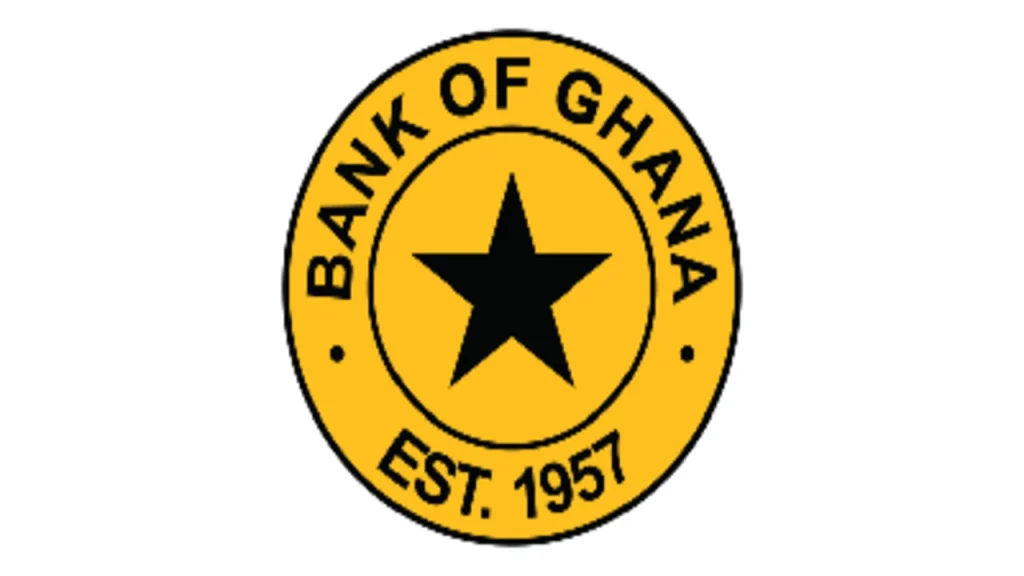- The central bank is intensifying supervision of financial institutions to improve transparency and protect consumers.
- It is also advancing digital currency trials and promoting fintech to modernize Ghana’s financial sector.
Bank of Ghana: Enhancing regulatory oversight across the sector
The Bank of Ghana (BoG), Ghana’s central banking authority, is increasing supervision of the financial sector. The bank recently revoked the licence of BAM Capital Limited, citing breaches of the Securities Industry Act, including unauthorised deposit-taking and false investment offers. This follows earlier actions taken against other institutions involved in regulatory violations.
According to the official statement, the BoG aims to protect investors from fraudulent schemes and maintain public trust. The central bank’s enforcement is supported by the Ghana Securities and Exchange Commission, which continues to monitor market conduct.
The BoG also issued guidelines for banks and specialised deposit-taking institutions, detailing risk management practices. These documents outline standards for internal controls, cybersecurity, and loan exposure thresholds.This effort reflects a broader shift towards regulatory discipline, which is necessary to address legacy issues from the 2017–2019 banking sector clean-up. That reform period saw the closure of multiple insolvent banks and savings companies.
Also read: United Bank for Africa Ghana: Empowering financial growth
Also read: Prudential Bank: Driving innovation in Ghana’s banking sector
Bank of Ghana: Leading digital currency and fintech transformation
The Bank of Ghana is also developing digital finance systems. It is testing a central bank digital currency (CBDC), the eCedi. The pilot programme focuses on improving payment access, especially in remote areas.
According to the BoG’s official profile, the bank was established in 1957 and has since focused on monetary stability. Recently, it has adapted to support fintech startups and mobile banking platforms. It works with mobile network operators and payment service providers to expand financial inclusion.The Bank is part of the Regulatory Sandbox initiative, which allows fintech companies to test innovations in a controlled environment. This aligns with regional efforts under the Pan-African Payment and Settlement System (PAPSS), which enables faster cross-border payments.
Despite inflationary pressures and exchange rate volatility, the Bank remains committed to monetary policy reform and infrastructure upgrades. It publishes monthly updates on monetary indicators and macroeconomic forecasts to guide market expectations.

